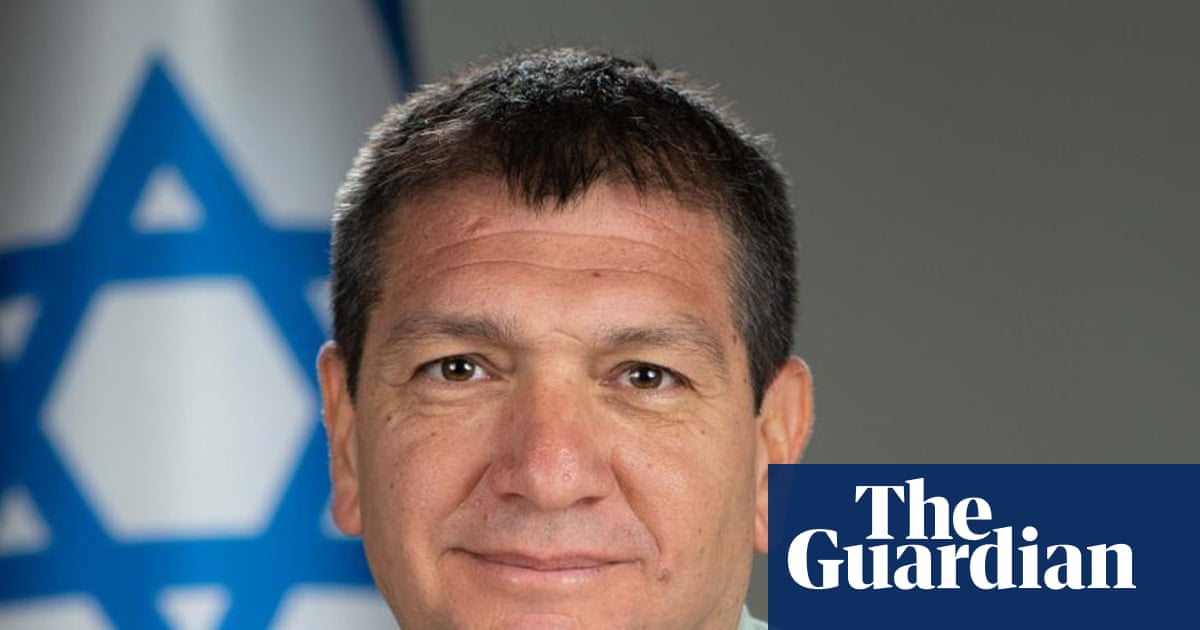
The former head of Israel’s military intelligence, Aharon Haliva, made provocative remarks that have drawn international condemnation, as reported by Israel’s Channel 12 TV. According to the recordings, Haliva stated that 50 Palestinians must die for every person killed during the Hamas-led attacks on Israel on October 7, 2023. He added that the casualties — including children — were a ‘necessary’ consequence, describing the toll as a ‘message to future generations’ of Palestinians.
Controversial Comments Spark Outrage
In the broadcasted recordings, Haliva claimed that more than 50,000 deaths in Gaza were ‘required’ to make a statement. “They need a Nakba every now and then to feel the price,” he said, referencing the 1948 mass displacement of over 700,000 Palestinians during the creation of Israel. ‘Nakba,’ meaning ‘catastrophe’ in Arabic, remains a heavily charged term in Israeli-Palestinian discourse.
Allegations of Collective Punishment
Haliva’s comments have been described as an explicit endorsement of collective punishment, which international law deems illegal. Despite attempts by Israeli officials to dismiss Gaza health authorities’ casualty counts as propaganda, Haliva appeared to validate the figures. Gaza’s health ministry recently reported over 60,000 deaths since the conflict began, with most victims identified as civilians. Israeli estimates suggest approximately 20,000 of the deceased were militants, reinforcing that the majority of casualties were non-combatants.
Israeli Media and Leadership Perspectives
Haliva’s remarks were largely ignored by mainstream Israeli outlets, which instead focused on his criticisms of Prime Minister Benjamin Netanyahu and his warnings about systemic intelligence and security failures leading up to the 2023 attacks. The stark contrast between domestic and international media coverage highlights differing perceptions of the conflict within and outside Israel.
Haliva, seen as a centrist critic of the current far-right Israeli government, revealed that some officials attributed the strong military response to the political leanings of the victims. He quoted an intelligence critic alleging that the response might have been different had the casualties been conservative Israelis rather than left-wing individuals linked to peace movements.
The recordings, described by Haaretz as a platform for Haliva to deliver unfiltered commentary, amplify the growing debate about Israel’s handling of the ongoing conflict in Gaza and the ethical implications of its military strategies.



